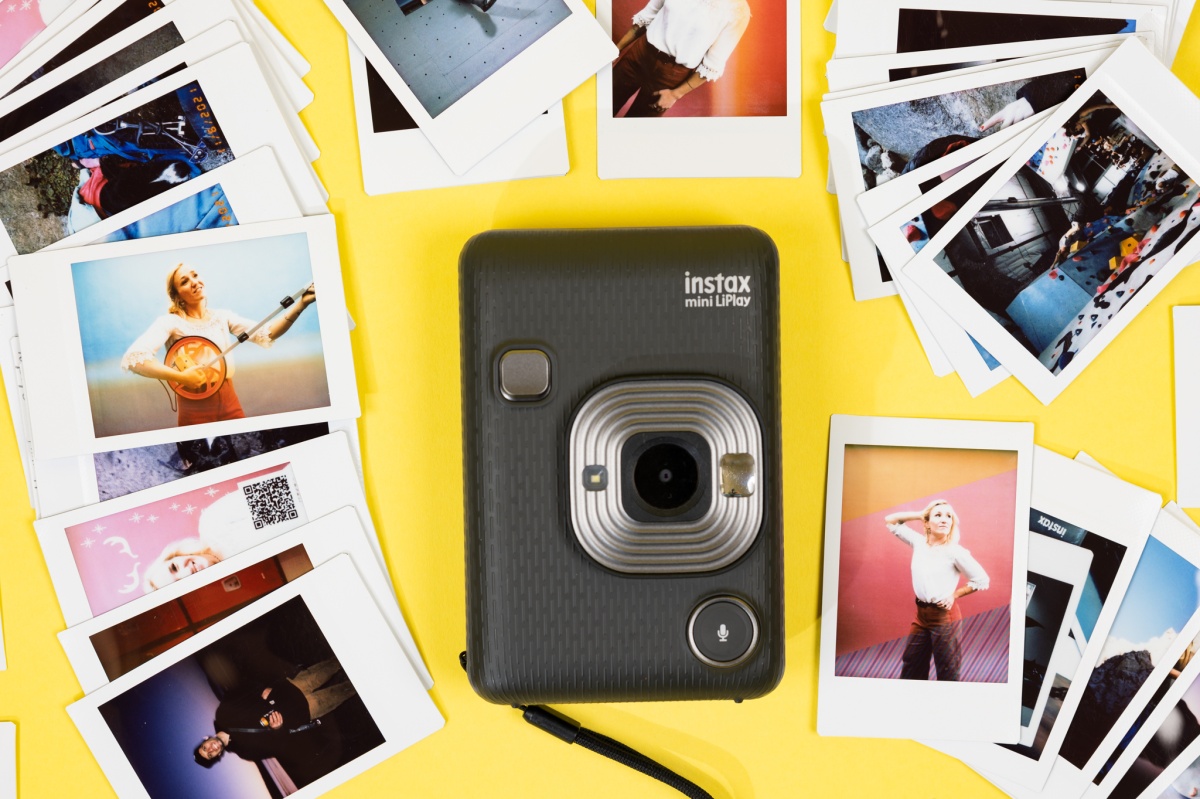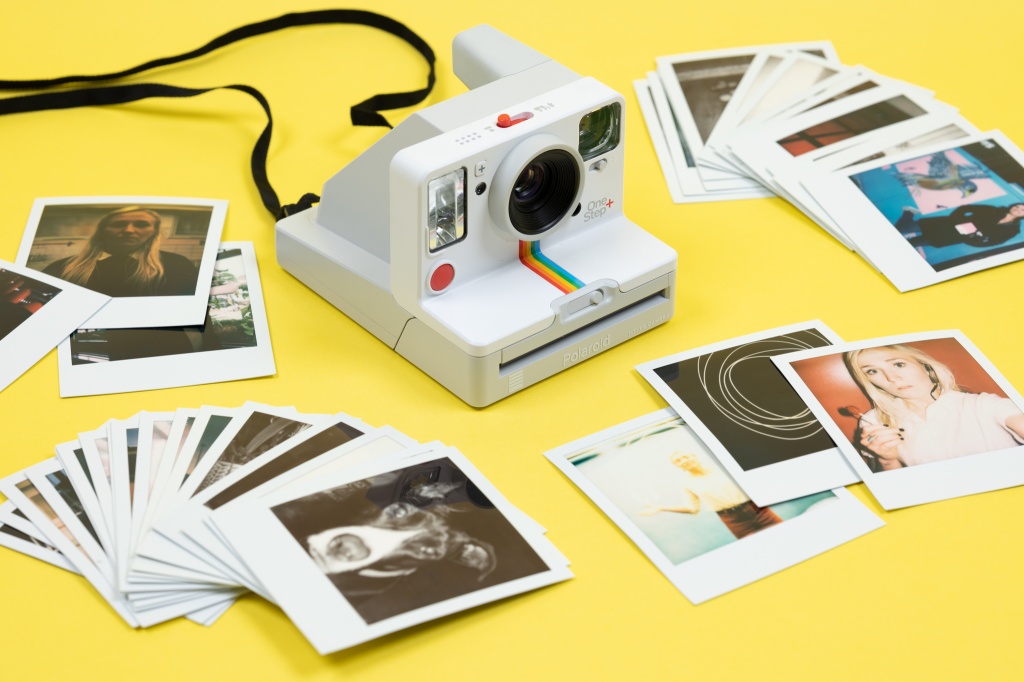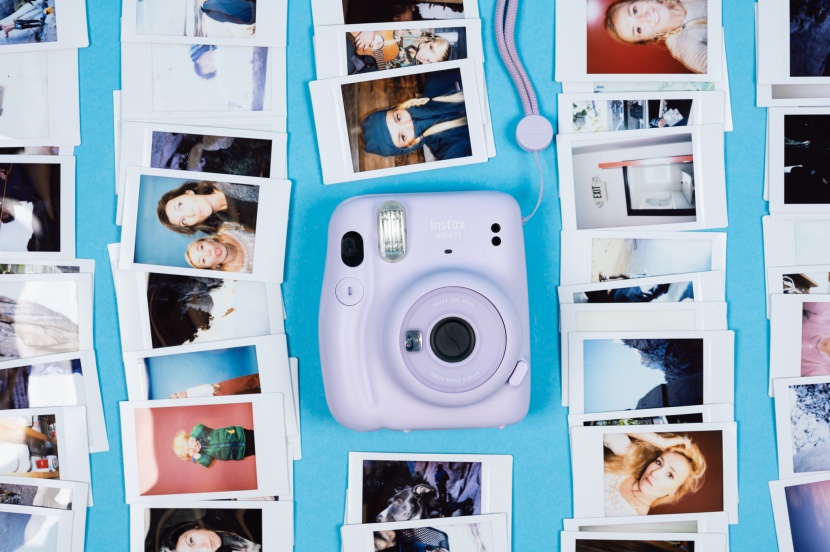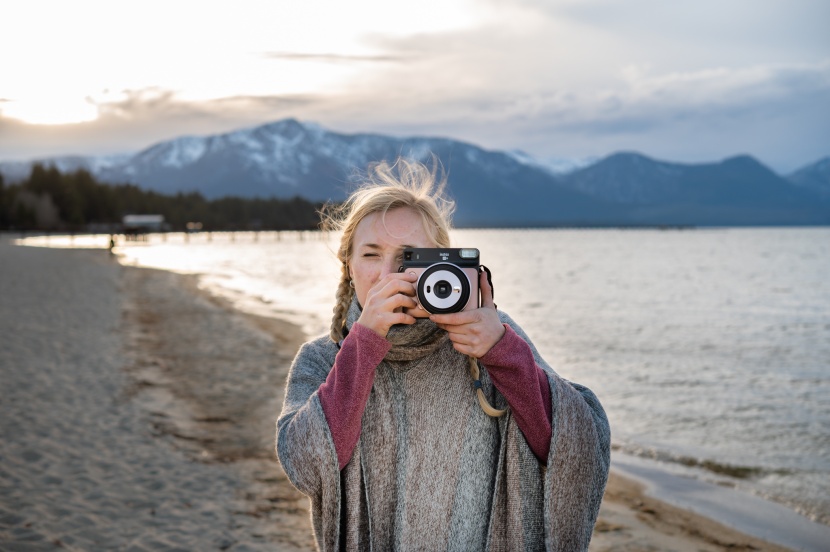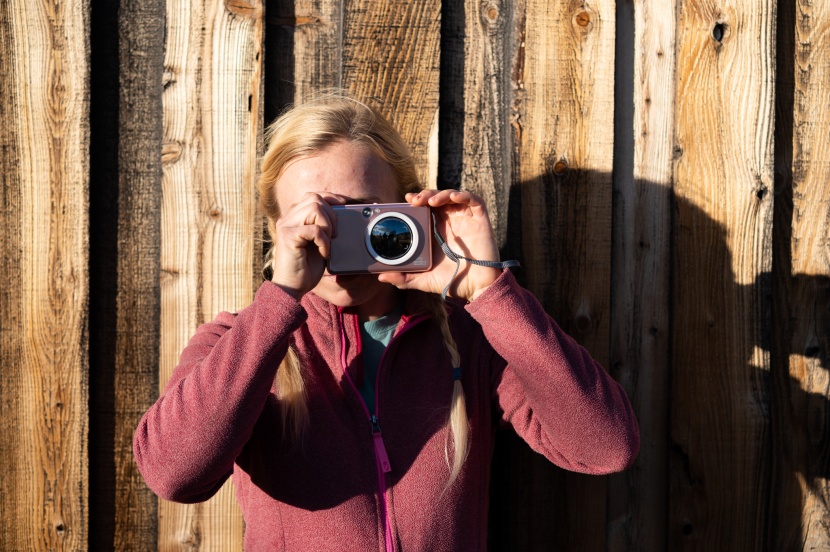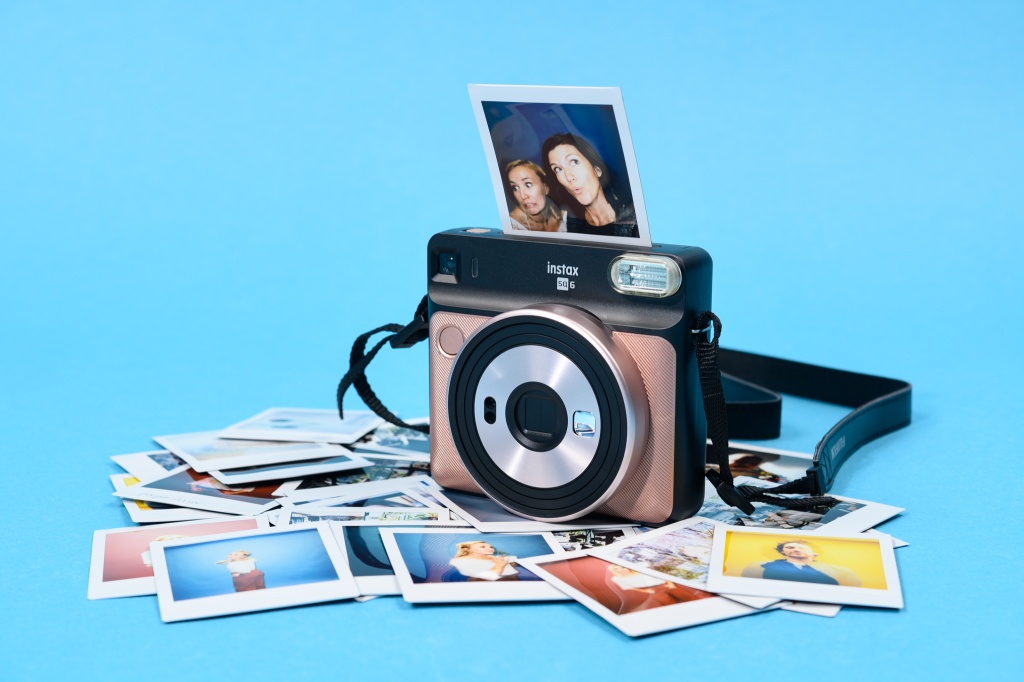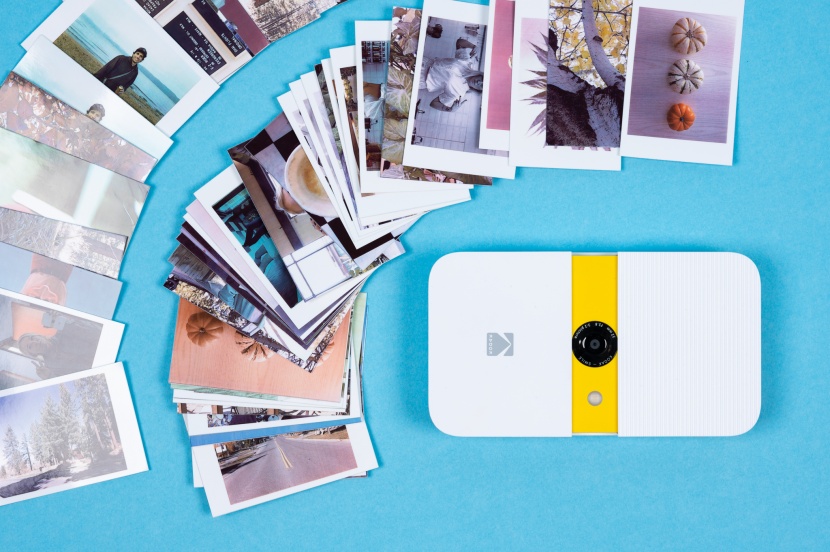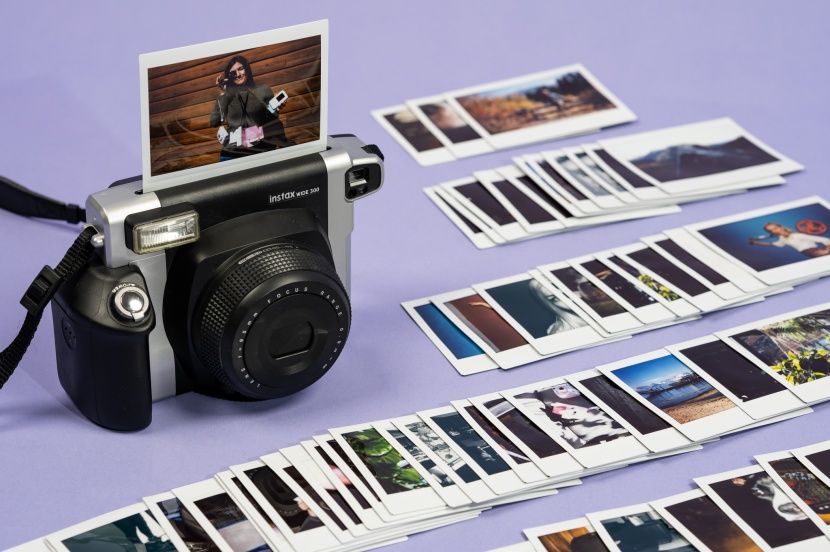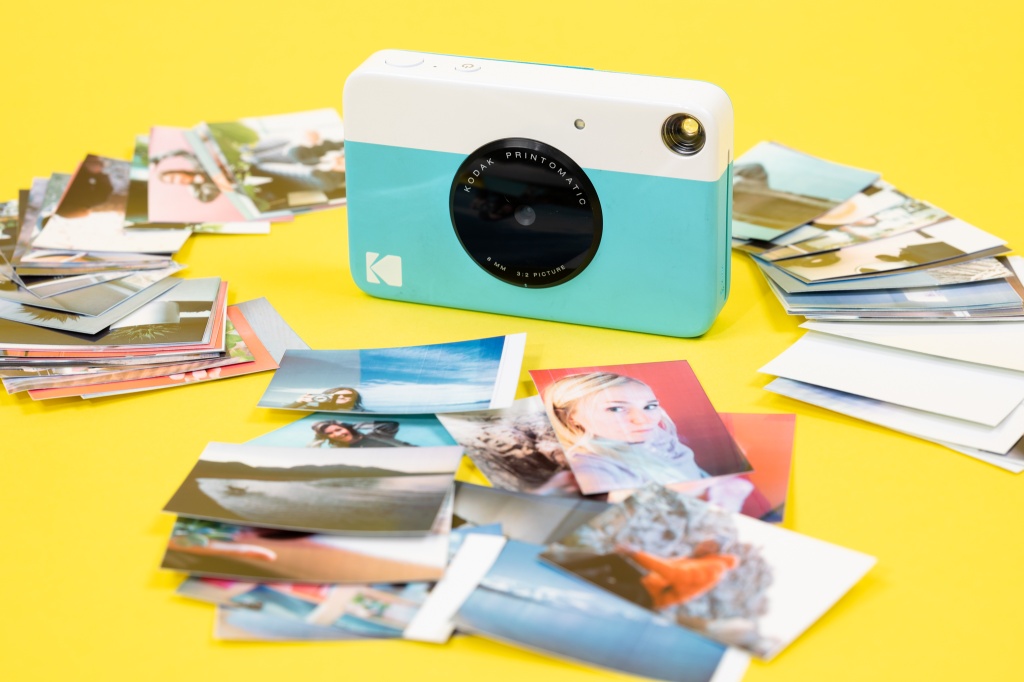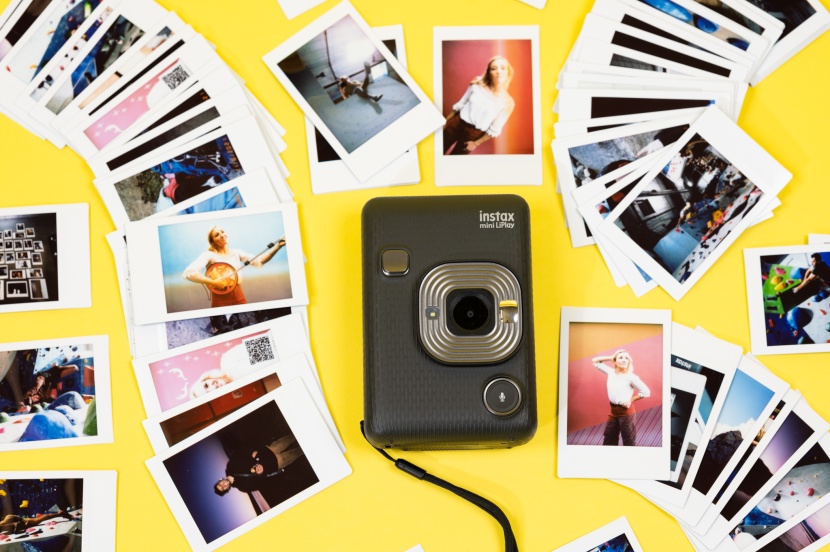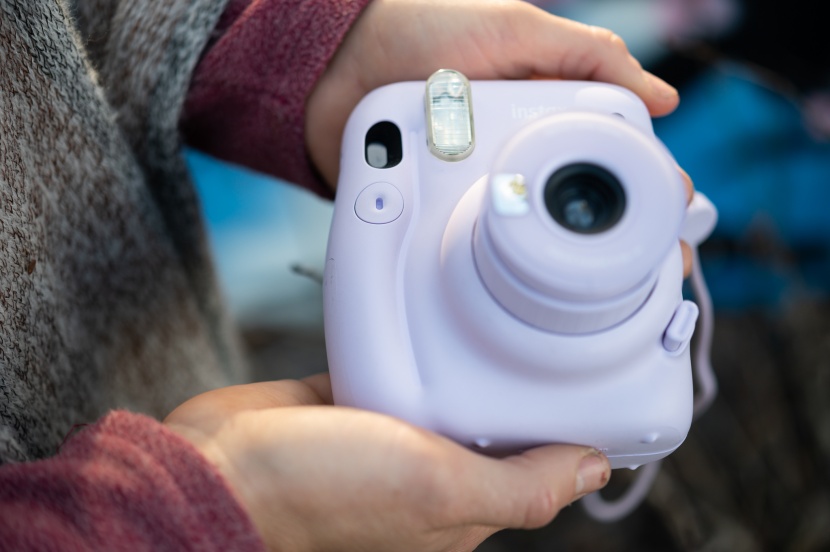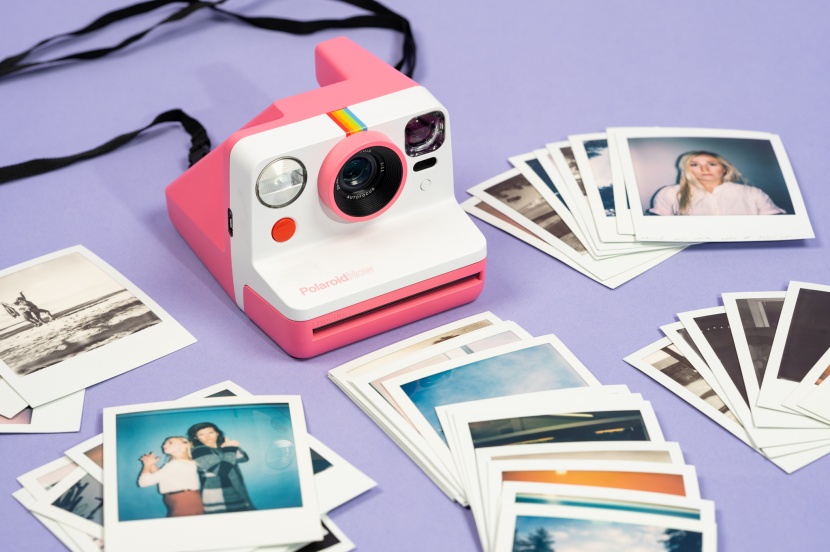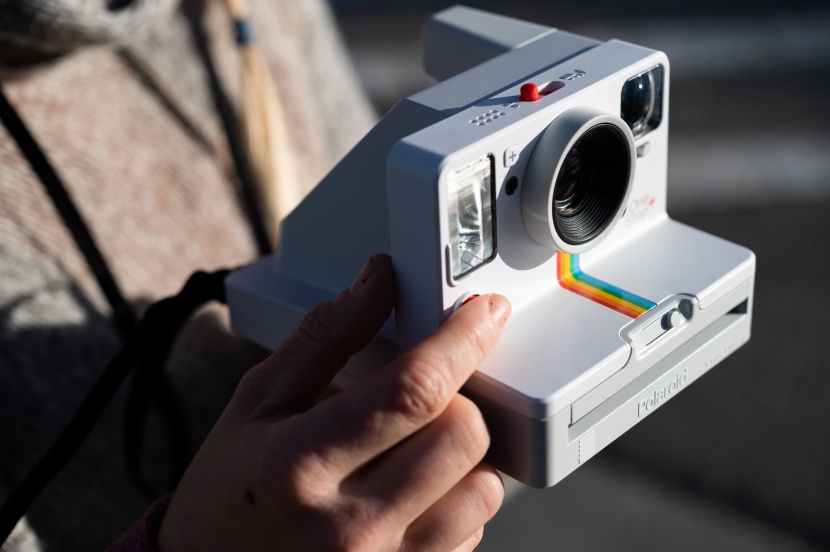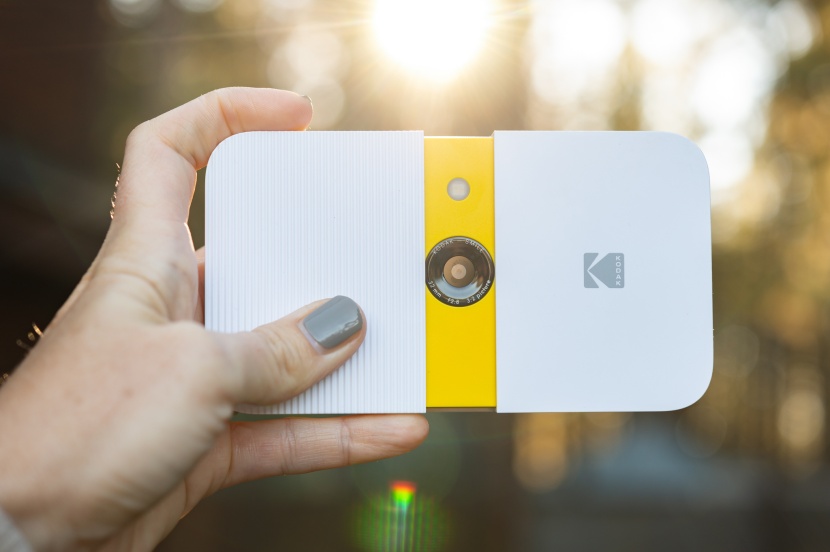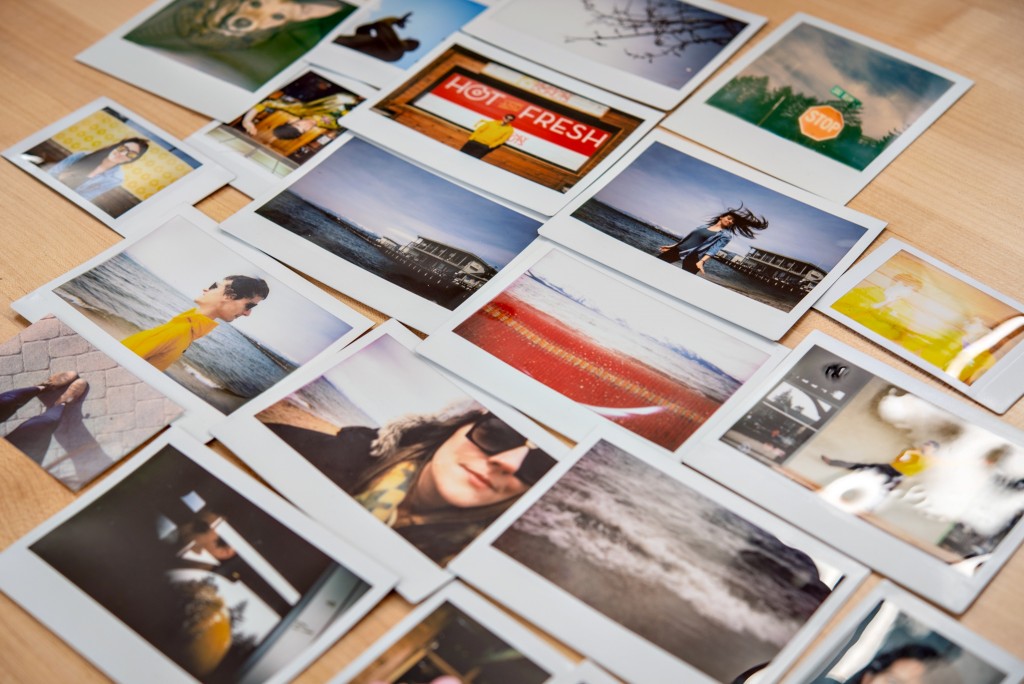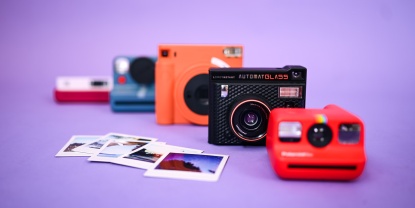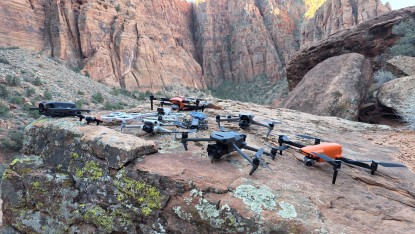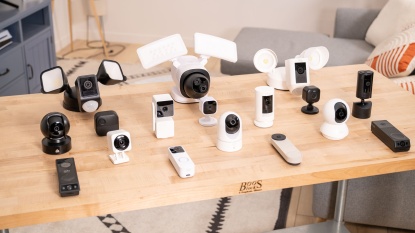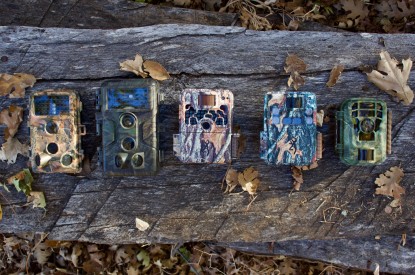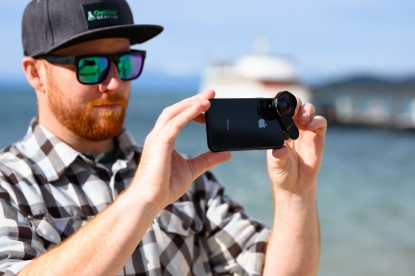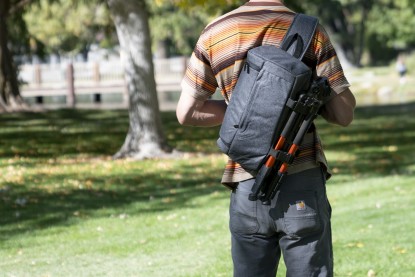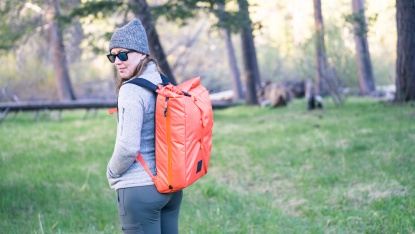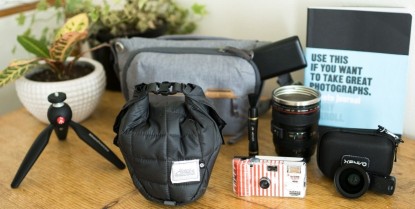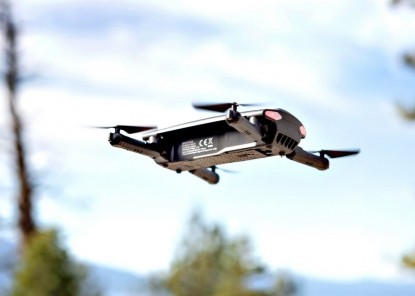Thinking an instant camera might be a fun way to document your next night hanging out with friends? Enchanted by that retro-looking photo machine that popped up at a party and want to get one of your own? We've spent months using the most compelling and popular instant cameras on the market and have distilled all of the knowledge we gained into a step-by-step guide that will help steer you to the perfect camera for your needs.
Step 1: What Are Instant Cameras Good For?
We've met a lot of people who like the idea of buying an instant camera but aren't sure if/how much they'd actually use one. And, with so many different types of cameras these days, it can be hard to determine the proper fit. To that end, we're going to lay out some of the situations where we think instant cameras really shine to help you decide if it's worth spending your hard-earned money on one.
Giving Mementos to Friends
One of the most enjoyable aspects of using an instant camera is that it creates physical keepsakes that you can share with friends right on the spot. With the current ubiquity of cell phone cameras, having a physical portrait of time spent with your favorite people (that won't get lost amongst the thousands of digital ones floating around your various devices) can be quite nice and, dare we say it, a bit heartwarming.
Documenting Trips and Events
Because instant cameras produce photos, well, instantly, they have an immediacy that printed digital photos just don't. For many people, there is something about a photo that was taken and developed on the spot that yields a more tangible connection to the moment it is documenting than a photo that was saved to a memory card, transferred to a computer (and likely edited), and then sent down miles of fiber optic cable before landing at a kiosk in CVS and finally becoming a real photograph.
Getting Creative
For those that have made a hobby out of getting creative with their digital camera, there's nothing like a change in medium to push that creativity even further. Most instant cameras have fewer adjustments and settings than their digital counterparts, and working with less often forces you to think differently and develop new skills. Although many models have added some updated features and a few controls, even the digital hybrid instant cameras still push you to think more about your composition and lighting conditions, improving your overall photography skills.
Step 2: Photo Size vs. Camera Size
Instant film comes in a variety of different sizes. Fujifilm, the most prominent current manufacture of instant cameras, offers wide (3.9" x 2.4"), mini (1.8" x 2.4"), and square (2.4" x 2.4") sizes. Most of Polaroid's current cameras shoot a 3.1" square image (note: these dimensions are just for the photo itself and do not include the white border that surrounds the photo). The digital hybrid models from Kodak and Canon produce wallet-sized photos that are about the same size as the Fuji Mini film, but these photos are digital prints, not film.
Most people feel that larger photos make for better keepsakes and generally look better when displayed. However, larger film necessitates a larger camera. Some of the cameras that use the larger format films can be quite heavy and clunky, to the extent that they are harder to travel with, and it can be tempting to leave them behind.
Smaller pictures certainly don't pop as much as the larger ones, but they do allow for the camera to be much smaller. Many digital instant cameras are small enough to fit in a pocket, and you won't think twice about tossing one in your bag, just in case. Also, the photos are conveniently credit card-sized, meaning recipients of those little photographic jewels can easily store them in a wallet or purse, increasing the chances they'll make it home unbent and unscathed.
Some may find the Instax Square film to be the perfect happy medium. It feels like you have a lot more area to play with than the mini-film, but the cameras avoid the borderline ridiculously large bodies needed to fit the wide film.
Step 3: Fully Analog vs. Digital Hybrid
In recent years, there has been a blending of the classic point-and-shoot instant cameras with the convenience and control of modern digital cameras. Many analog models now have settings to help the camera adjust to different lighting conditions and encourage creativity, while others have kept everything as basic as can be and stick with the classic experience that's known and loved.
On the flip side, the newer digital hybrids are more compact, and most offer a wide variety of features. While it can be nice to have the added benefits of digital storage, app compatibility, or a review screen, it also drastically changes the experience. Also, several digital hybrids use a printer that creates digital prints instead of film photos, which don't have the same timeless look and feel.
But, even though several options offer the best of both worlds, few actually do, and there is almost always a trade-off. Many of the fully analog machines that offer some controls take beautifully vibrant pics but are bulky and can be a bit awkward to shoot with. Most of the hybrid models are easier to carry but can be more difficult to use and aren't as consistent with their output. That's not to say that the perfect mix can't be achieved, as there are cameras of both types that have found a nice balance and check (nearly) every box.
Really, this comes down to the experience. Do you like having the ability to view, edit, and save your photos like with a digital camera, or do you enjoy the wabi-sabi attitude and one-and-done nature of classic instant cameras?
Step 4: Consider User Friendliness
For the most part, instant cameras are fairly simple machines. While some are slightly quirkier than others, we doubt anyone will have too much trouble figuring out the controls once they start shooting. A few models are more geared towards shutterbugs and force you to manually select most settings, making things a bit more complicated, but these cameras are definitely the exception, not the rule. The most difficult models that we tested were those with a compatible app, which takes more time to get set up and familiar with due to their integration with the user's phone.
User-friendliness is a bigger deal if you'd like a camera that you could just pass around at a party and end up with some good shots. In that case, you're going to want a camera without too many bells and whistles that could confuse people upon first glance, or at the very least one with a foolproof auto mode that allows the camera to make all of the necessary adjustments. Here, you can use our user-friendliness score as a guide. Generally, we feel that any camera that scored higher than a 7 could be handed to a newbie with little to no instruction and still yield some good photos.
Step 5: Do You Want to Get Creative?
If you're looking to get creative with your instant film, you're going to want a camera that allows you to do some experimentation. At the very least, you'll want a camera capable of taking a double exposure or exposing the same piece of film twice. This lets you essentially layer two photos on top of one another, opening up many possibilities.
You might also want to look for a long exposure or bulb mode, which allows the shutter to remain open for multiple seconds. With this feature, you can experiment with things like light painting.
Finally, you might want something that offers some sort of colored filter for the flash. Again, this leads to more opportunities to experiment and can often yield great results when used in conjunction with a double exposure mode.
Conclusion
We hope this article has helped you decide if you want to get an instant camera and, if the answer to that question is yes, that it has helped you figure out what to look for. If you're looking to get a camera, you can read our comprehensive review of the market's top instant cameras. If you're wondering how we decided which cameras we like best, you can check out our entire testing process.

